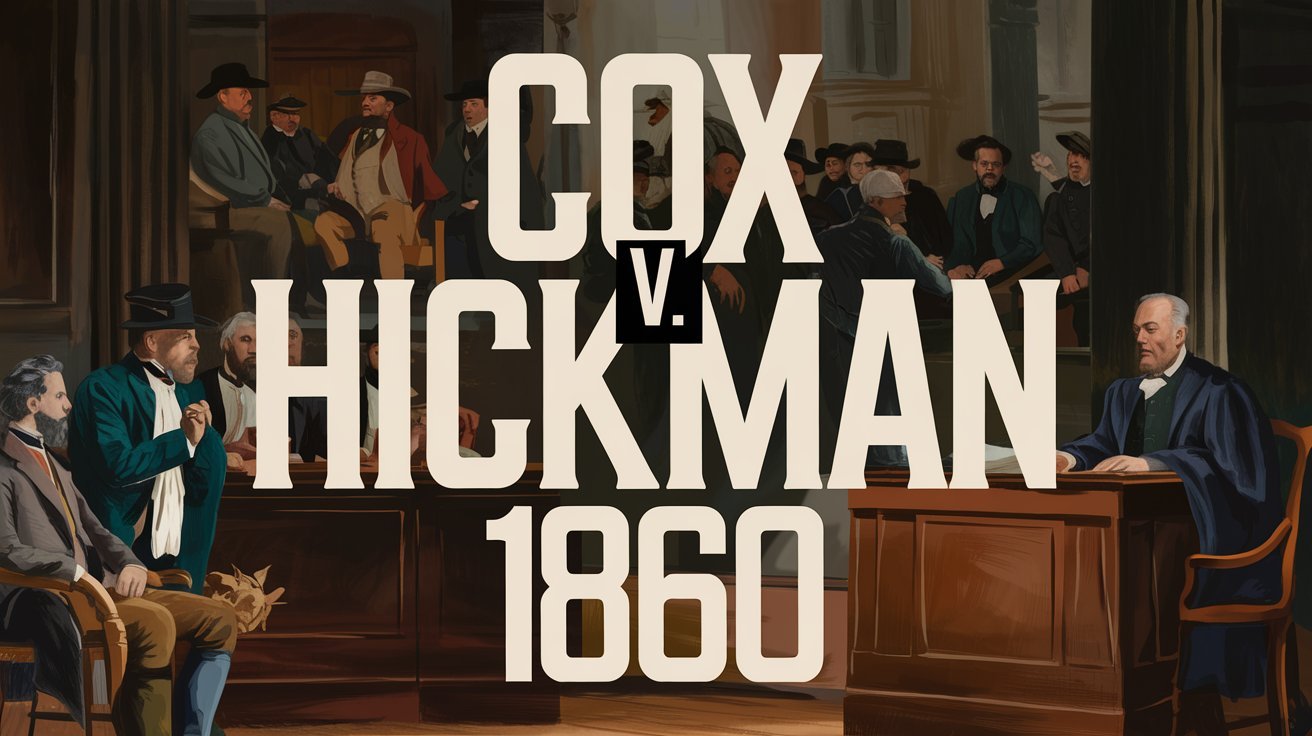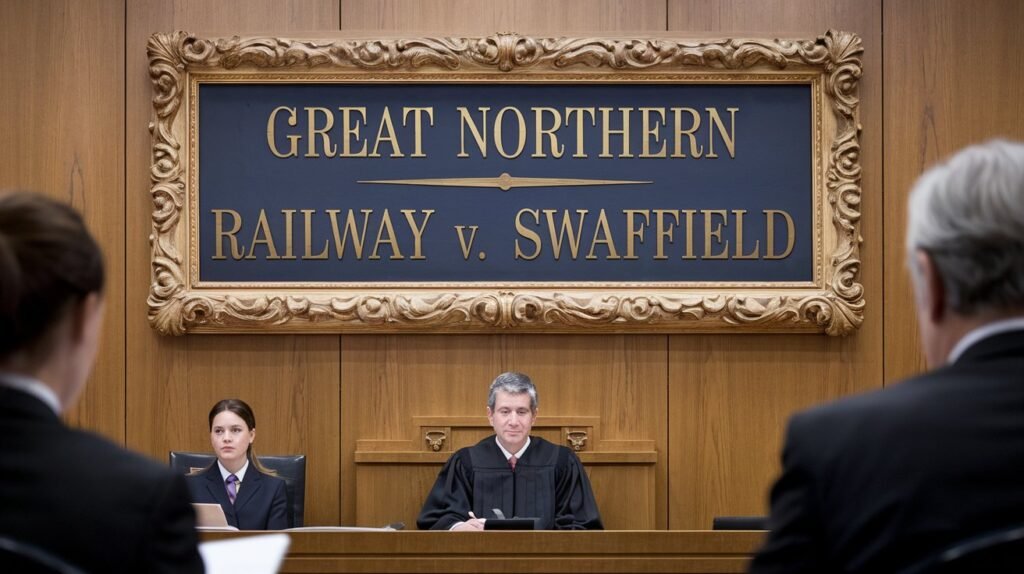Cox v. Hickman 1860 (Case Summary)

In the landmark case of Cox v. Hickman, the House of Lords established the critical principle that sharing profits alone does not automatically create a partnership. The case clarified that the intention of the parties and the existence of mutual agency are the defining factors in determining a partnership under English partnership law.
Table of Contents
ToggleFacts of Cox v Hickman
- Benjamin Smith and Josiah Smith operated a business under the name B. Smith & Son, which faced financial difficulties.
- To manage their debts, they executed a trust deed in favor of five creditors, including Cox and Wheatcroft, assigning all business assets to trustees to continue operations and repay debts.
- The trustees were to carry on the business, known as Stanton Iron Company, and distribute profits among the creditors.
- Cox did not act as a trustee, and Wheatcroft resigned six weeks after the deed was executed.
- Hickman supplied goods to the business and received bills of exchange, which were dishonored.
- Hickman sued Cox and Wheatcroft, alleging they were liable as partners due to their role as creditors under the trust deed.
Issues framed
- Whether sharing the profits of a business automatically creates a partnership?
- Whether mere sharing of profits makes creditors partners in the business?
Judgment of Cox v Hickman
The House of Lords relied on the general principles of partnership law, later codified under the Partnership Act, 1890, which states that sharing profits is evidence of partnership but not conclusive proof.
The Court held that sharing profits alone does not establish a partnership. What matters is the intention of the parties to carry on the business as partners. The creditors did not have mutual agency, a defining characteristic of a partnership, since they did not take part in managing or controlling the business. The business was managed by trustees, not by the creditors themselves. The creditors merely received profits as part of a debt settlement arrangement, which did not make them partners. Since Cox and Wheatcroft did not act as agents or participate in managing the business, they could not be held liable as partners.
The Court ruled in favor of Cox and held that Cox and Wheatcroft were not liable as partners. Sharing profits as a means of repaying a debt does not amount to carrying on a business in partnership. The creditors had no mutual agency and no intention to act as partners.





